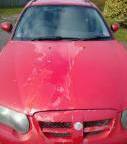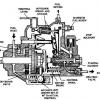Deciphering MOT brake calculations
-
Similar Content
-
Sliding brake caliper gaters
By sheffcortinacentre,
- 3 replies
- 368 views
-
Recommendations for brake calliper refurb?
By Verysleepyboy,
- 11 replies
- 255 views
-
MOT History?
By Hendry,
- 11 replies
- 1,276 views
-
Short MOT
By Bren,
- 22 replies
- 1,582 views
-
- 3 replies
- 1,402 views
-





Recommended Posts
Create an account or sign in to comment
You need to be a member in order to leave a comment
Create an account
Sign up for a new account in our community. It's easy!
Register a new accountSign in
Already have an account? Sign in here.
Sign In Now